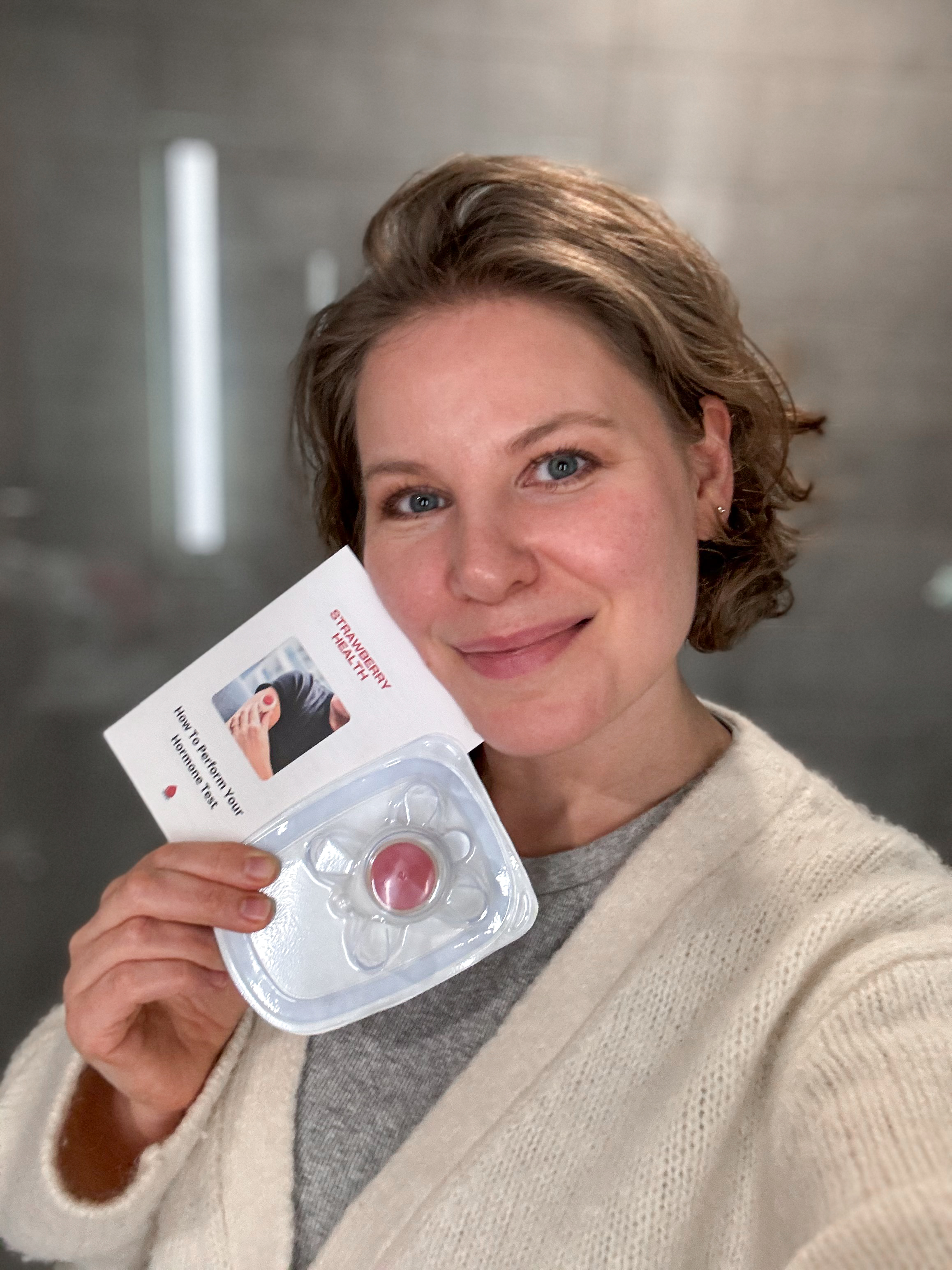If you’ve ever typed “How to check my fertility” into a search bar at 2 a.m., you’re not alone. Whether you’re actively planning, just curious, or simply want to feel more in control of your body, the idea of understanding your fertility can be both empowering and overwhelming.
The good news is that you don’t need to wait until something’s wrong - or spend weeks navigating doctors’ appointments -o start getting answers. You can check key fertility hormones from the comfort of home.
What Does “Checking Fertility” Actually Mean?
Fertility isn’t a one-number score or a pass/fail test. It’s a combination of many things—including your age, hormone levels, cycle patterns, and overall health. Checking your fertility usually means measuring specific hormones that give insight into things like:
- Egg quantity (ovarian reserve)
- Ovulation patterns
- Hormonal imbalances that might affect your cycle -or your chances of conceiving later
The earlier you start paying attention, the more options you have down the line.
Can You Really Check Fertility at Home?
Yes, you can. And it’s actually more common (and accurate) than you might think.
At-home hormone tests - like Strawberry Health’s Women’s Health Panels - use a small blood sample collected with a virtually painless device (seriously, no finger pricks here) to measure key fertility hormones:
- AMH (Anti-Müllerian Hormone): A marker of your ovarian reserve (how many eggs you have left)
- FSH and LH: Help regulate your cycle and ovulation.
- Estrogen and Progesterone: Critical for everything from regular periods to successful implantation.
- Testosterone and SHBG: Can signal issues like PCOS or hormonal imbalances that affect ovulation.
Once your sample is collected, it’s sent to a CLIA-certified lab for analysis - same quality and accuracy as a traditional lab test, just way more convenient.
Why It Matters (Even If You're Not Trying to Get Pregnant)
You don’t have to be TTC (trying to conceive) to care about your fertility. Knowing your hormone levels can help you:
- Understand your cycle better
- Spot early signs of PCOS or perimenopause
- Plan ahead for egg freezing or pregnancy
- Take control of your health timeline on your own terms
Too often, women are told to “just wait and see” or only get tested after months of trying. But knowledge is power - and testing early gives you time, options, and peace of mind.
When’s the Best Time to Test?
Some hormones - like FSH, LH, and Estradiol -are most accurate when tested on day 3 of your cycle (that’s the third day of your period). Others, like AMH and Testosterone, can be tested at any time.
What Happens After the Test?
This is where most at-home tests fall short. You get your results, but no guidance.
At Strawberry, your results come with
- Doctor-reviewed insights
- Your perosnal fertility timeline
- Support for next steps
You’ll know what’s happening with your hormones, what it means, and what to do next. No more being left in the dark.
The Bottom Line
You deserve to understand your body. Whether you’re thinking about having kids someday or just want to stay on top of your health, checking your fertility doesn’t have to be hard, scary, or something you put off until it’s “urgent.”
🍓Check your hormones with Strawberry Health now, because the best time to understand your fertility is before it becomes a problem.


.svg)



